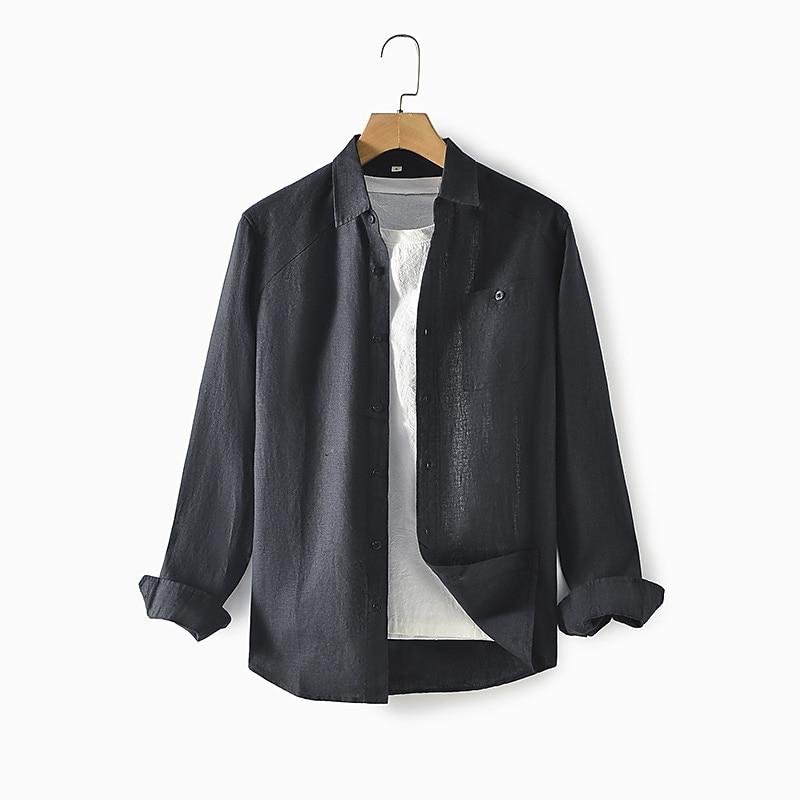Tag: Clothing, Fashion, Textile Industry
For centuries, clothing has been an essential part of human existence. From the earliest civilizations to modern societies, the concept of clothing has evolved tremendously. Today, the global clothing industry is a multi-billion dollar business that not only provides functional garments but also dictates fashion trends worldwide.
The history of clothing can be traced back to primitive times when humans used animal skin and plant materials to cover themselves for protection against harsh weather conditions. As societies developed and trade routes expanded, textiles were introduced as a valuable commodity and played a significant role in shaping cultural identities.
With the industrial revolution in the 18th century came mass production methods that transformed the textile industry from traditional handcrafts to mechanized factories. This advancement led to cheaper and more accessible fabrics, making clothes more affordable for people from all social classes.
As technology continued to advance at a rapid pace in the 19th century, it brought about new innovations in fabric production such as power looms and sewing machines. These inventions allowed for faster production times and increased efficiency, driving down prices even further.
In recent years, with globalization playing a crucial role in world economies, many garment manufacturing companies have shifted their operations overseas where labor costs are significantly lower compared to Western countries. This trend has not only resulted in an abundance of cheap clothes but also raised concerns over unethical labor practices.
Despite these challenges faced by the industry today, there’s no denying that fashion trends continue to shape our society’s perception of style. With instant access through social media platforms like Instagram and Pinterest influencing what we wear daily; fast-fashion retailers churn out new designs at alarming rates influenced by catwalk shows around the world.
Moreover,tailoring your dressing style according to current fashion trends offers individuals opportunities for self-expression while enabling designers and brands alike generates massive profits annually through seasonal collections launches.
In conclusion, the evolution of the clothing industry has transformed fashion beyond just functional garments to a global phenomenon that impacts society in various ways. From traditional handcrafts to mass production and now fast-fashion, clothes have become more than just covering one’s body but an essential aspect of human culture. As we continue to embrace technological advancements and globalization, it will be interesting to see how this ever-evolving industry shapes our future fashion trends.
